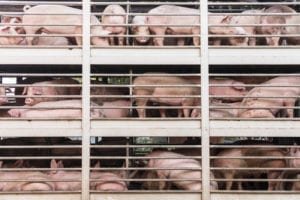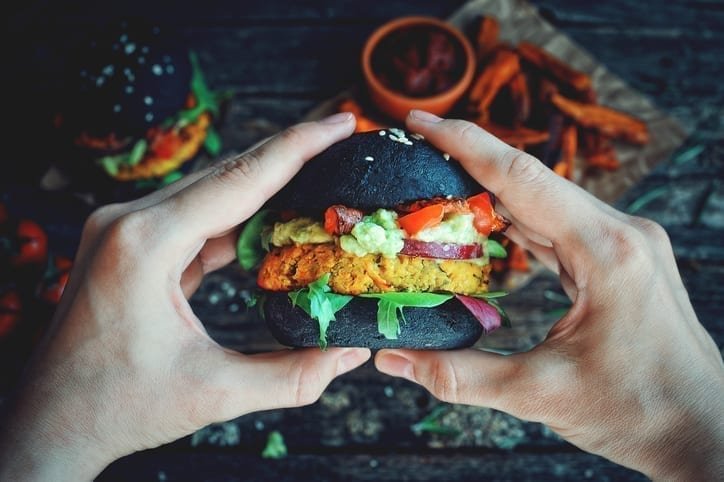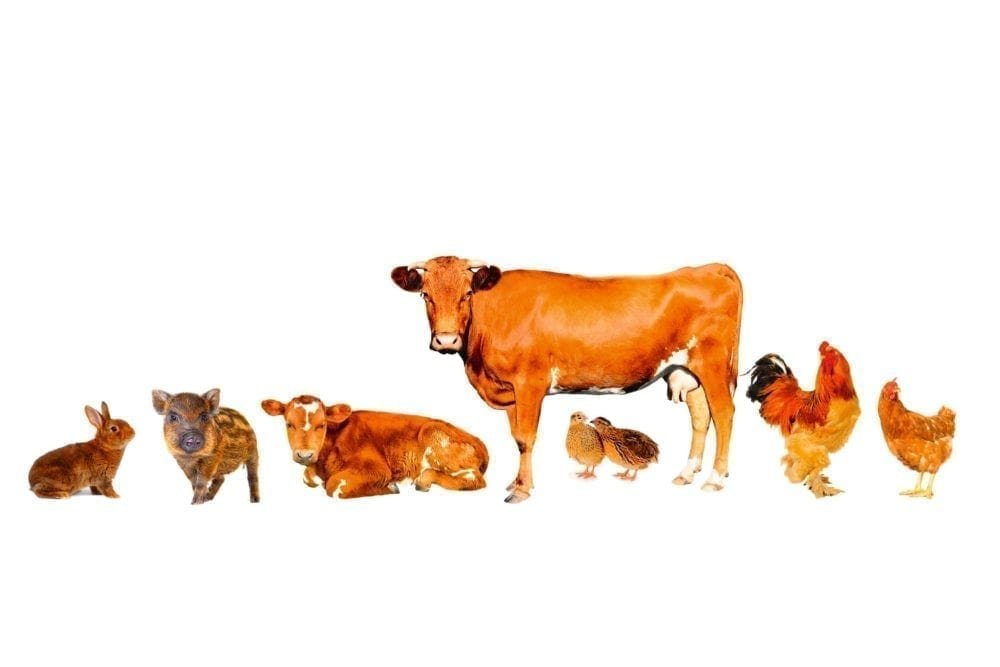In an open letter, a group of 200 NHS doctors and staff members have urged the government to pass new food legislation to shift the NHS focus from a reactive healthcare system to one that prevents chronic illness through the promotion of a fair, sustainable and healthy food system.
The recommendations would not only dramatically improve the nation’s health but also help to prevent against future zoonotic diseases and turn the tide on antibiotic resistance by reducing the nation’s reliance on animal agriculture.
‘Lifestyle medicine’
In the letter, the doctors warn of the dangers of returning to ‘business as usual’ following the current coronavirus outbreak.
They note the UK’s current food environment is fuelling an epidemic of chronic disease, with one in five deaths in this country associated with unhealthy diets.
They write that this change must urgently be made to both prevent these diseases and reduce the death toll from future pandemics, as fatalities from Covid-19 have stood ahead of many comparable countries.
The group of doctors is led by Dr Shireen Kassam, consultant haematologist, and Dr Alicja Baczynska, specialist registrar in geriatric medicine. They state these actions need to be fully embraced by NHS leaders and the government, which should now place the nation’s long-term health at the centre of its policy.
‘It is unacceptable that the NHS is collapsing under the weight of chronic disease, the majority of which could be prevented and treated by addressing diet and lifestyle factors.
‘An increasing number of NHS doctors and staff are frustrated and disillusioned by the prevailing healthcare system, which acts to treat chronic illness rather than prevent it in the first place. Many are now turning to a field of medicine termed ‘lifestyle medicine’ in which illness is prevented, treated and oftentimes reversed by addressing the root cause; that is diet and lifestyle.’
DR ALICJA BACZYNSKA
Specialist registrar in geriatric medicine
Proposed changes
The doctors have proposed six key changes to support this shift. They suggest increasing taxation on both retail and out-of-home food containing high levels of fat and salt, and a new tax on food produced using ingredients derived from industrial animal agriculture.
The doctors are also calling for the ban on junk food advertising to be ‘accelerated and made total’, so these ads are banned even after the watershed.
They suggest introducing subsidies to support the UK population in adopting a predominantly whole food and plant-based diet ‘for both human and planetary health’.
At the same time, the doctors suggest promoting a plant-based food system through the adoption of Conservation Agriculture (‘No-Till’) systems to lower carbon emissions and reduce the risk of entering a ‘post-antibiotic era’.
They want over-fishing to be discouraged and our reliance on fish consumption reduced in order to protect the oceans.
Finally, the doctors want the NHS and government to encourage healthy, sustainable eating through the reintroduction of public sector catering in schools and hospitals.
 Play Video about This Rock Might Just Save The World
Play Video about This Rock Might Just Save The World Play Video about Play 2 hours of rock
Play Video about Play 2 hours of rock Play Video about Play 2 hours of brook
Play Video about Play 2 hours of brook Play Video about Play 2 hours of sheep
Play Video about Play 2 hours of sheep















































